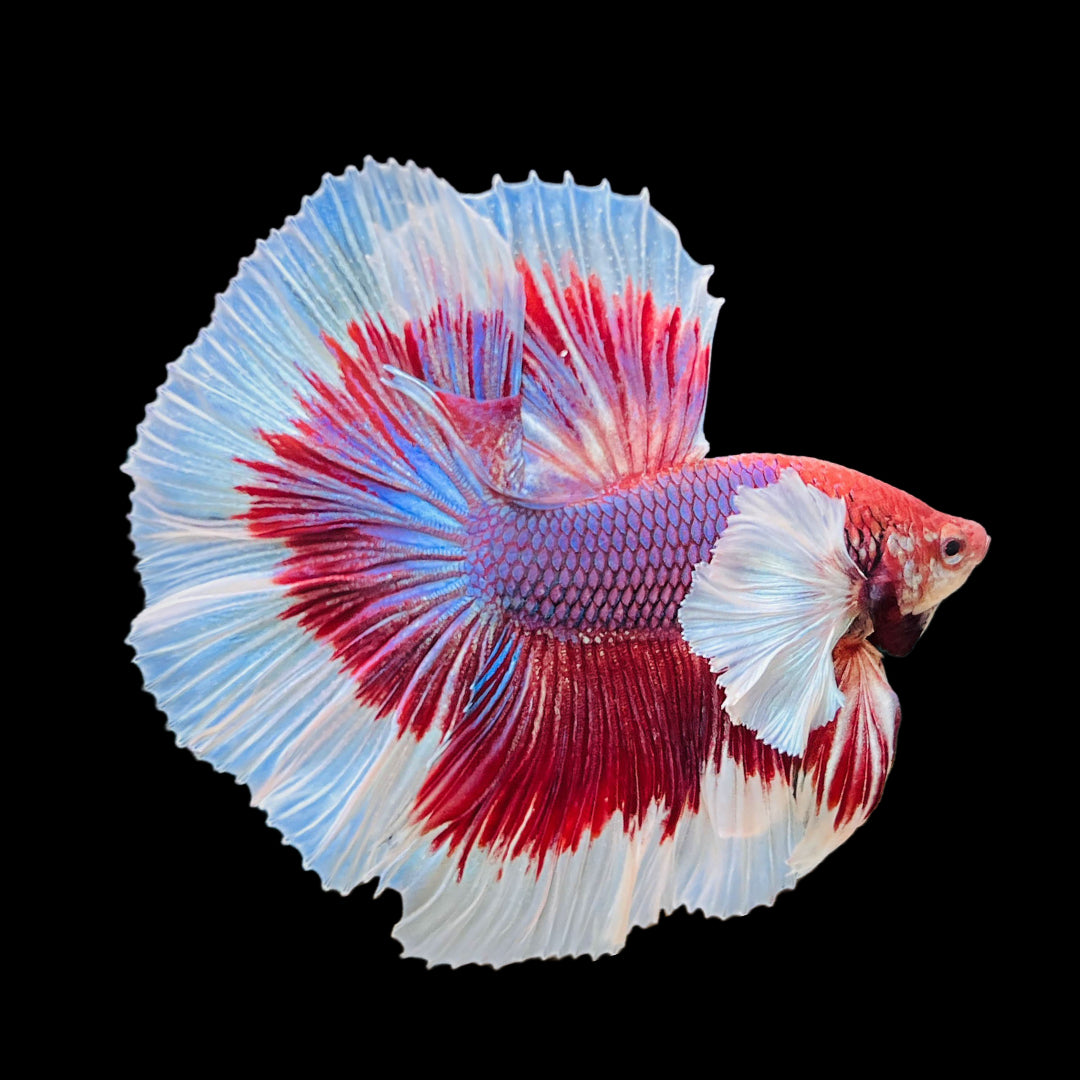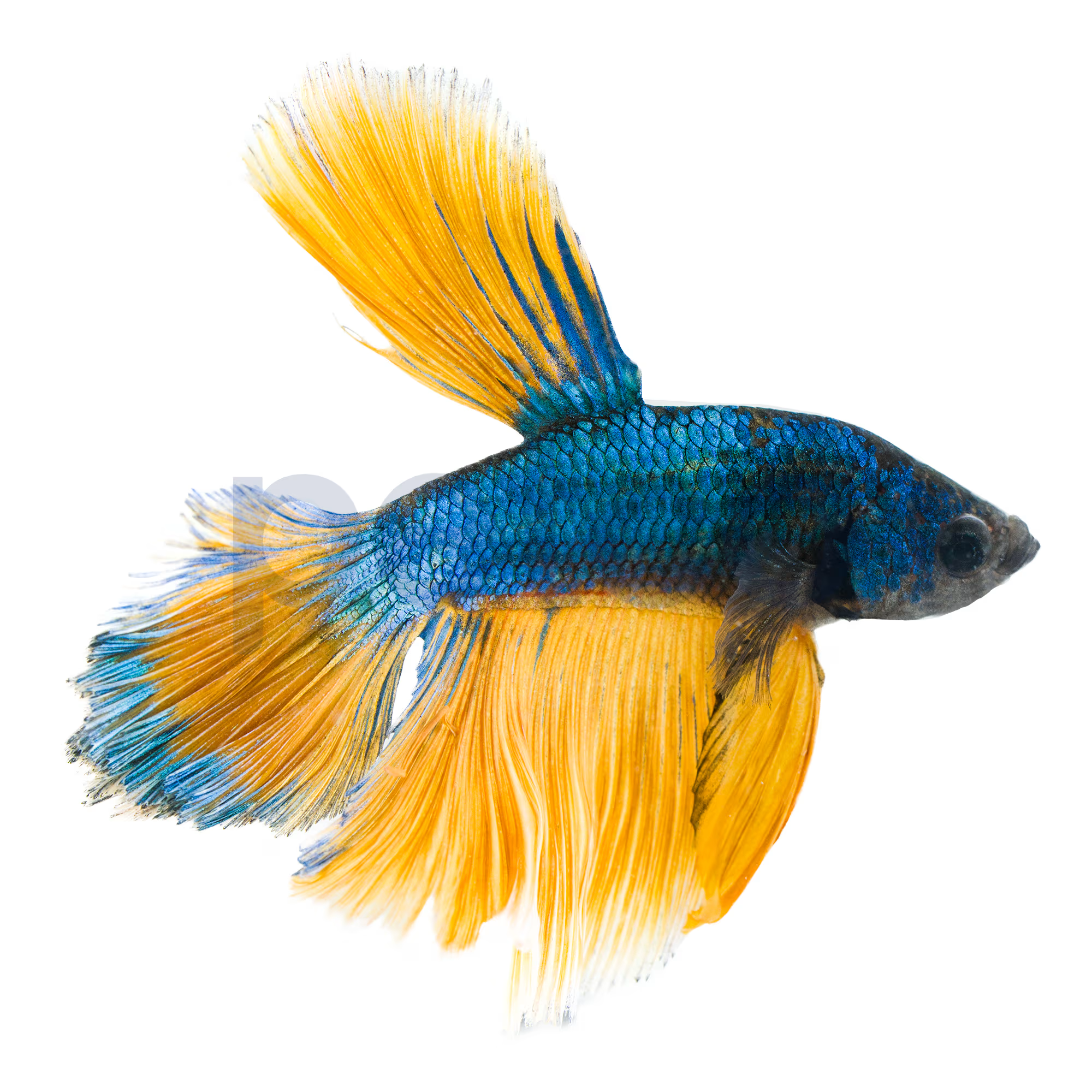Everything About Betta Fish: Recognizing Their Unique Requirements, Behavior, and the very best Practices for Optimum Care
Comprehending the one-of-a-kind demands and behaviors of Betta fish is important for any kind of aquarist looking to provide optimal care. betta fish. As we explore these aspects even more, the ramifications for both newbie and knowledgeable fish caretakers become increasingly evident, raising questions about how best to accommodate these amazing fish in our homes.
Betta Fish Summary
Although frequently admired for their vivid shades and moving fins, Betta fish, medically recognized as Betta splendens, are complex animals that call for details like grow. Originating from Southeast Asia, these freshwater fish are known for their territorial nature and unique behaviors. Betta fish show sex-related dimorphism, with males displaying more vivid shades and longer fins than females.
Their hostile tendencies, particularly amongst men, necessitate careful factor to consider when real estate them. Bettas are commonly kept in single-specimen tanks to prevent territorial disagreements. Nevertheless, they can exist together peacefully with particular compatible species in bigger neighborhood tanks, gave the atmosphere meets their demands.

To make certain optimal care, aquarists should comprehend their one-of-a-kind behavior traits, dietary needs, and habitat demands. betta fish. With appropriate interest, Betta fish can show their vibrant personalities and thrive in a well-kept aquarium setting
Natural Habitat and Environment
Betta fish flourish in a varied range of natural habitats, primarily located in the superficial waters of Southeast Asia, including rice paddies, swamps, and slow-moving streams. These environments are identified by cozy temperature levels, commonly in between 75 ° F and 82 ° F(24 ° C and 28 ° C ), and a pH level varying from 6.5 to 7.5, which is suitable for their health and wellness and well-being.
In their natural environments, Betta fish are accustomed to dense vegetation, offering both sanctuary and reproducing grounds. The visibility of plants such as floating water lilies and thick grasses not just provides protection from killers but likewise adds to the oxygenation of the water, which is essential for their respiratory needs. Furthermore, these settings commonly have areas of still water, allowing Betta fish to display their natural behaviors such as bubble nesting.
Comprehending the all-natural environment of Betta fish is vital for aquarium enthusiasts. Replicating these conditions-- via water temperature, pH equilibrium, and the incorporation of real-time plants-- can substantially enhance the general health and wellness and longevity of these fascinating fish, guaranteeing they flourish in a home fish tank setting.
Social Habits and Communications
Comprehending the social actions and communications of Betta fish is crucial for successful aquarium management. Betta fish, or Siamese battling fish, are understood for their special behavior attributes, identified largely by territoriality and aggression.
Alternatively, female Bettas display much less hostile behavior and can exist together in groups, referred to as sororities, if introduced correctly. Nevertheless, it is essential to check their communications closely, as power structure and dominance can cause problems. Comprehending the dynamics within a Betta community is have a peek at this site vital; establishing hiding spots and guaranteeing ample room can minimize hostility.
Furthermore, Betta fish may also present inquisitiveness and social actions towards other varieties. While they can exist together with specific non-aggressive tank friends, pop over to these guys it is vital to select compatible types to avoid stress and anxiety and hostility. In general, identifying these social communications is essential to cultivating an unified aquarium setting for Betta fish.
Vital Care Standards
Offering proper treatment for Betta fish is critical to their health and wellness and health. Routine water adjustments-- roughly 25% once a week-- aid keep water high quality.
Betta fish call for an appropriate storage tank size; a minimum of 5 gallons is advised to supply appropriate area for swimming and hiding. Include designs and plants to create a revitalizing atmosphere, but prevent sharp things that might harm their fragile fins.

Last but not least, ensure the storage tank is outfitted with a filter to maintain the water tidy, but use a gentle filter to avoid solid currents that can worry the fish. By complying with these necessary treatment standards, proprietors can promote a healthy and balanced and lively Betta fish.
Common Wellness Issues and Solutions
In the care of Betta fish, understanding of common health and wellness concerns is vital right here for maintaining their health. One prevalent concern is fin rot, frequently triggered by bad water quality or microbial infection. Signs and symptoms consist of frayed or blemished fins. To treat fin rot, enhance water problems and think about utilizing a broad-spectrum antibiotic.
Another common ailment is ich, a parasitic infection identified by white places on the fish's body (betta fish). Treatment includes boosting water temperature and adding aquarium salt to the storage tank, as this can assist get rid of the parasite
Swim bladder disorder is additionally frequently observed, resulting in buoyancy problems. This problem may arise from overfeeding or irregular bowel movements. A fasting period of 24-48 hours, complied with by a diet of blanched peas, can supply alleviation.
Last but not least, bettas might experience from velour condition, suggested by a gold dust-like look on their skin. Treatment usually needs medication specifically developed for outside bloodsuckers, alongside enhanced container health.
Regular tracking of water parameters, maintaining a clean atmosphere, and offering a balanced diet plan are important safety nets. By attending to these wellness problems immediately, Betta fish can lead much healthier, much more lively lives.
Conclusion
In recap, effective betta fish care needs an understanding of their unique demands and habits. Giving a suitable setting, consisting of ideal tank dimension and water conditions, is essential for their well-being. Furthermore, acknowledging their territorial nature and making certain adequate concealing places can avoid aggression. Regular tracking of health and water quality, in addition to a balanced diet plan, contributes to the durability and vibrancy of betta fish. Abiding by these guidelines will certainly cultivate a flourishing marine ecological community for these fascinating creatures.